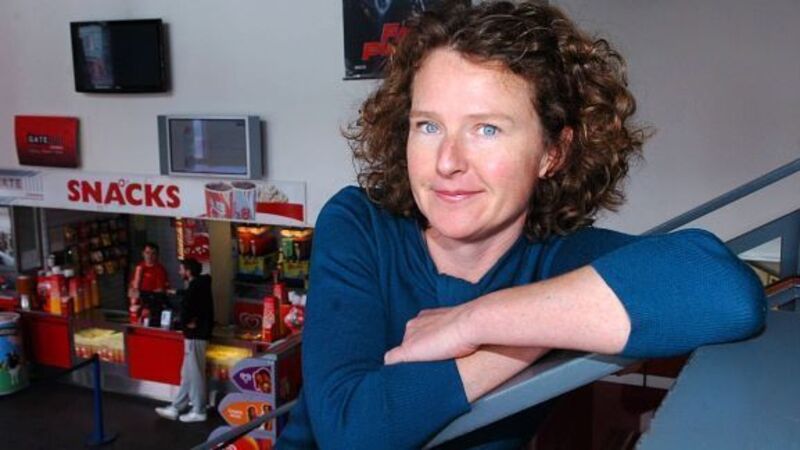Getting a grip on group dynamics in new play

Group dynamics in a desperate life-threatening situation are at the heart of playwright Carmel Winters’ latest work which she has written for the National Youth Theatre (NYT).
Commissioned by the Abbey Theatre, Salt Mountain has a cast of 16 young people, ranging in age from 16 to 20. The actors are from all over the country with four of them — Catherine Blake, Éabha Landers, James Ronayne and Liadh O’Donovan — hailing from Cork.











